Drop ins for September! All sessions open to ages 16-29, check out our Instagram for more details <3
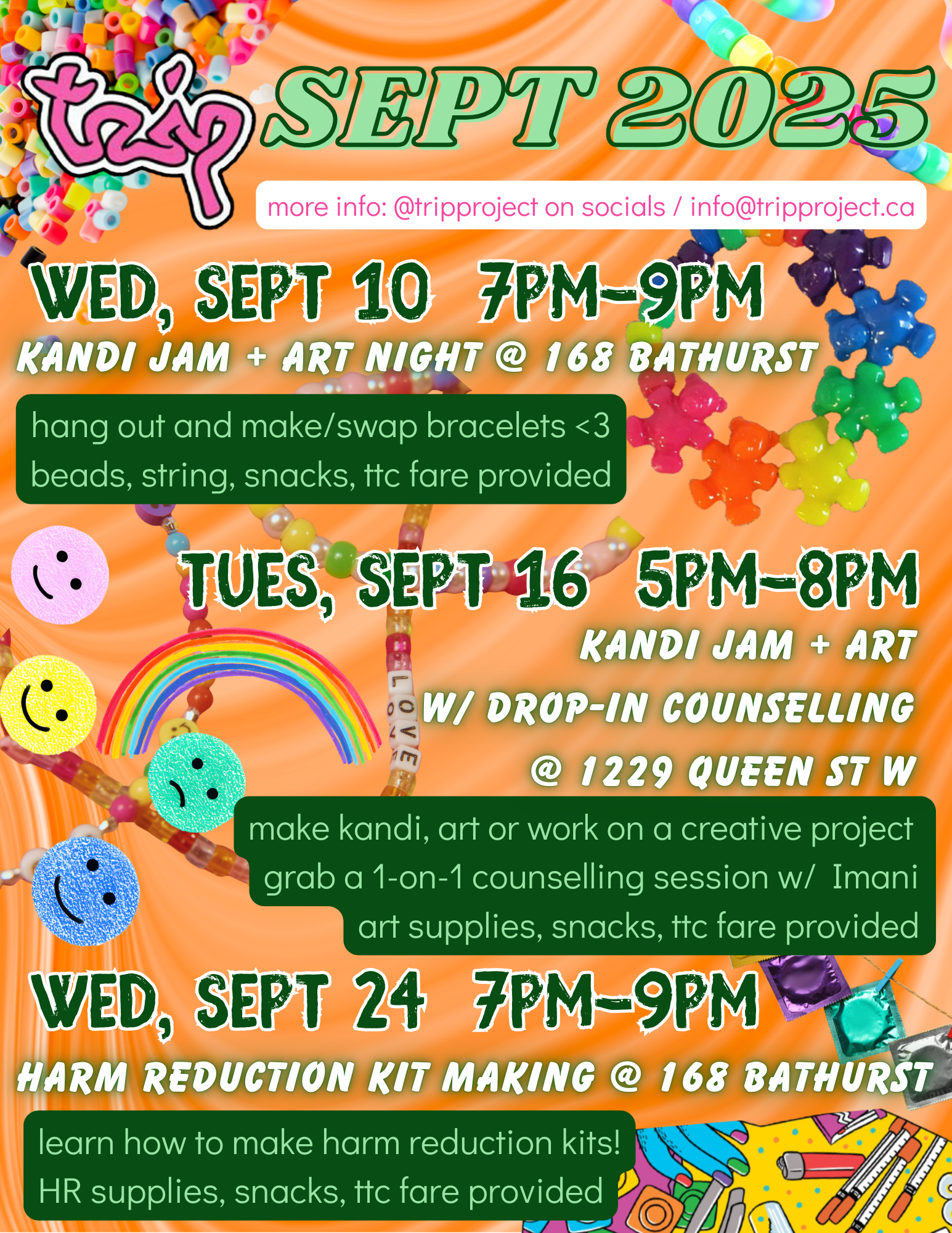
Drop ins for September! All sessions open to ages 16-29, check out our Instagram for more details <3

Hi! This is Leandra, one of the new Trip! Peers. Since it’s my first blog post (and the first post overall in a while), I figure I’d introduce myself and list some highlights of my first six months with Trip! Project!
A bit about me: I’m tall, fat, and brown, and I’m a butch trans lesbian. I’ve been community organizing for Filipino youth for the last six years, and I go to lots of DIY shows in the city – you might hear me from afar with my belly laugh or see me throwing my weight around in the pit (if I’m not on shift, that is).
My first Trip! event was Holiday Board Games and Tea, two days before Christmas last year. I waded through soft snow to Bampot – my glasses fogged up from the warmth as soon as I stepped inside. Warm and cozy was the vibe that night – I met Peers and volunteers, drank many cups of tea, got more into a game of Sequence than I expected, and picked up care packages Trip! had put together for everyone who attended. I remember feeling that it was exactly the kind of evening I needed.

At the end of January, I went to a New Friends DIY show with a stacked lineup: And Always, Cease, Botfly, and Life in Vacuum. Trip! happened to be tabling that night, which was a pleasant surprise. The Trip! table was a needed reprieve when the mosh pit got a bit too overwhelming. That night, I learned that volunteer training was starting up in the spring and I knew I wouldn’t miss it.
Volunteer training took place from March to May – and at the end of it I got hired as a Peer! I learned so much from volunteer training: CPR, precautions for overdose prevention, Hep C transmission (pictured: CW blood, needle injury), specific drug interactions, Trip!’s harm reduction principles, and more. The boundaries training in particular helped me advocate for myself in my friendships. At the Anti-Racism & Anti-Oppression Training, I felt safe to speak on transmisogyny in a room where my lived experiences would be listened to and honoured, which often hasn’t been the case. One moment of instructive irony: on a ‘wheel of intersections’ worksheet which illustrated positions of varying privilege, the ableism part of the wheel was hard to read.

Finally, I started to go on outreaches in June. I have experience doing outreaches in community organizing, so I haven’t felt completely out of place. My first outreach was at the Trans 4 Toronto benefit show at Houndstooth on June 16th. I was very supported by the volunteers that went with me – it helped that I was among community and friends too.
Wherever I’ve been in a harm reduction space in the city, I mention I’m a new Trip! Peer and people’s eyes light up. In these interactions, I really feel the collective impact of Trip!’s work over the last 30 years. I’ve met former volunteers from the early 2010s, learned that some of my friends used to go to Trip! drop-ins, and found Trip! literature in DIY house shows. It’s been rewarding, fulfilling, and special to be a part of it, and I’m really excited to be a part of this new era of Trip! Project! See you around! <3
– Leandra, Trip! Peer
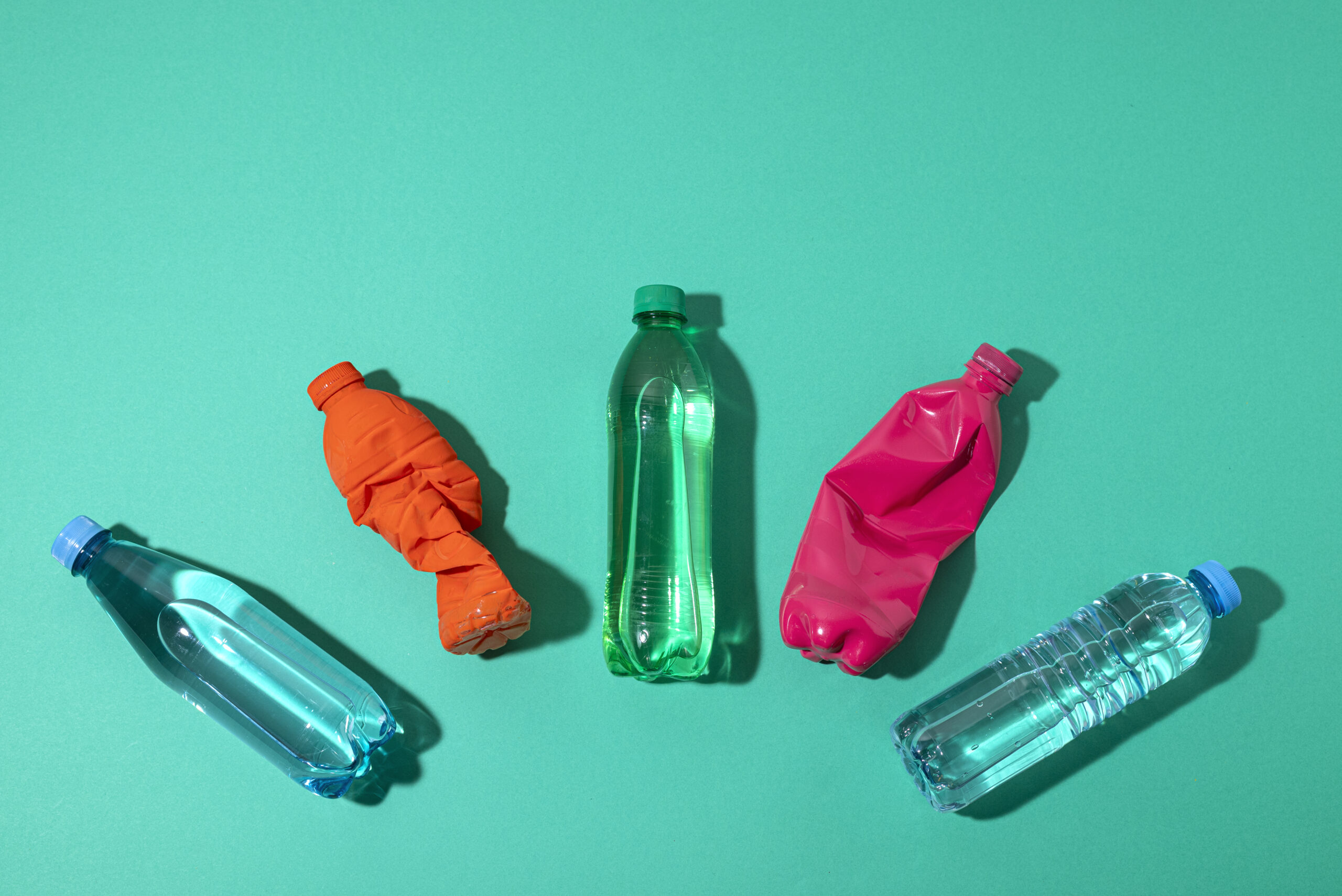
The importance of being appropriately hydrated can sometimes be forgotten, especially when using substances and we’re paying more attention to things like having fun! This post is all about finding that sweet spot of staying hydrated, so we don’t need to overcompensate and risk hyponatremia, or a dangerous loss of electrolytes that can happen when we rehydrate too quickly. <3
Please join us at Parkdale Queen West Community Health Centre (168 Bathurst St) on October 23rd, 4pm to 6pm, as we explore the learnings from Trip! Project’s community-based evaluation ‘Aligning Diverse Community Needs for a Youth Harm Reduction Program Model’.
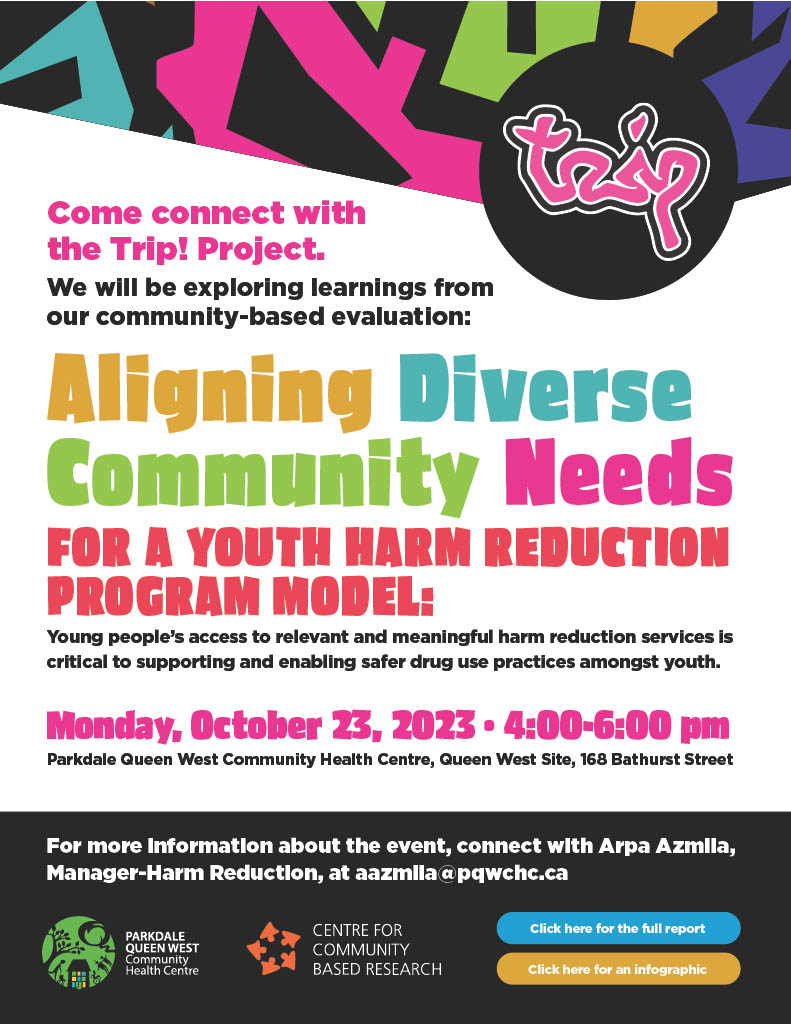
Young people’s access to relevant and meaningful harm reduction services is critical to supporting and enabling safer drug use practices amongst youth:
It goes without saying that the past few years have been hard on us all. COVID-19 has had a huge impact on society, and a lot of things have changed. On top of the pandemic, we’re facing an epidemic with the opioid crisis. In Canada, there has been a significant increase in opioid-related deaths since 2016. The overdose crisis continues to affect people who use drugs, their friends and families, and communities across Canada. Between January 2016 and September 2022, there were more than 34,400 apparent opioid toxicity deaths, many of which also involved stimulants or other substances. The crisis is continuously growing, and is largely affecting the youth population with young Canadians aged 15 to 24 being the fastest-growing population requiring hospital care from opioid overdoses.
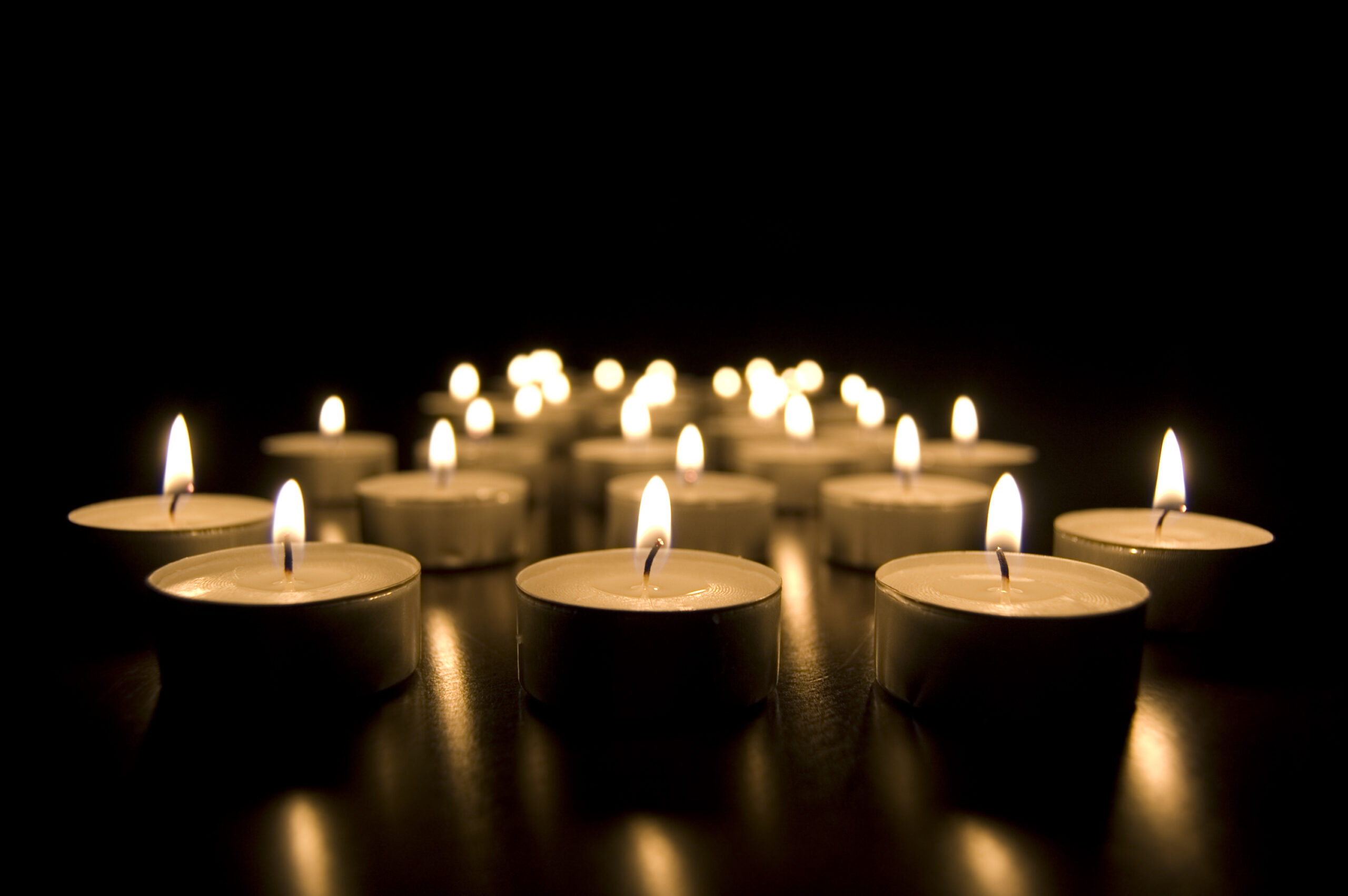
At the rate with which we are losing people to overdose, and stigma around drug use in society, deaths by overdose are often overlooked. The lives of the people who die from overdose are often cast aside, and sometimes judged. Having conversations about drug use, overdoses, and what may follow when someone overdoses helps us not only destigmatize these topics but also helps provide support. While we don’t want to normalize preventable deaths from overdose, until there is safe supply these deaths will continue and we need to be able to discuss it openly. Overdose and grief are topics that may be hard to talk about, but it’s important that we share our experiences and communicate these things to not feel alone and move through our grief in a healthy way. Continue reading
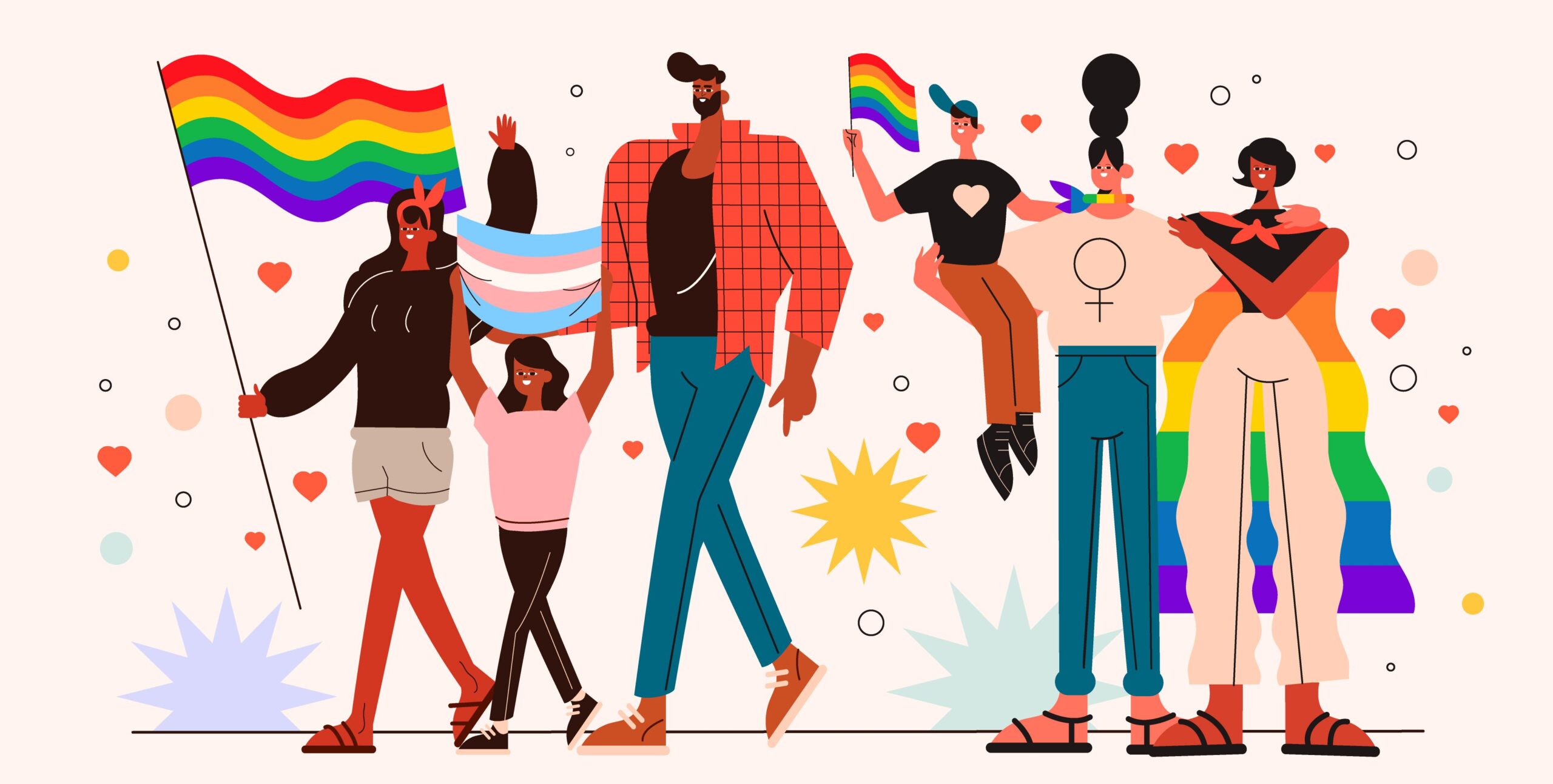
BIPOC 2SLGBTQIA+ people are often left behind when it comes to Pride, and so are our contributions to it. As a member of this community myself, I’ve experienced the struggles that come when more than one of your identities are not celebrated and centered, even by the community that’s supposed to love and accept you. That’s why I’ve compiled this list of three icons who are all BIPOC: Marsha P. Johnson, Barbara Cameron and Pedro Zamora. We deserve to be celebrated, and our contributions to Pride deserve to be remembered and respected all year around, not just for one month!
Have you checked out Sexfluent yet? Here at Trip! we adore them! They’ve got a ton of awesome info on sexual health that jives with us and how we like to live our lives. One of the former Trip! peers even worked on their substance use page!
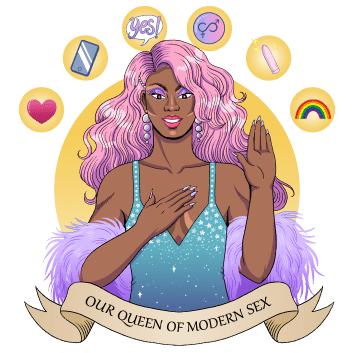
Check ’em out – they’re super cool!
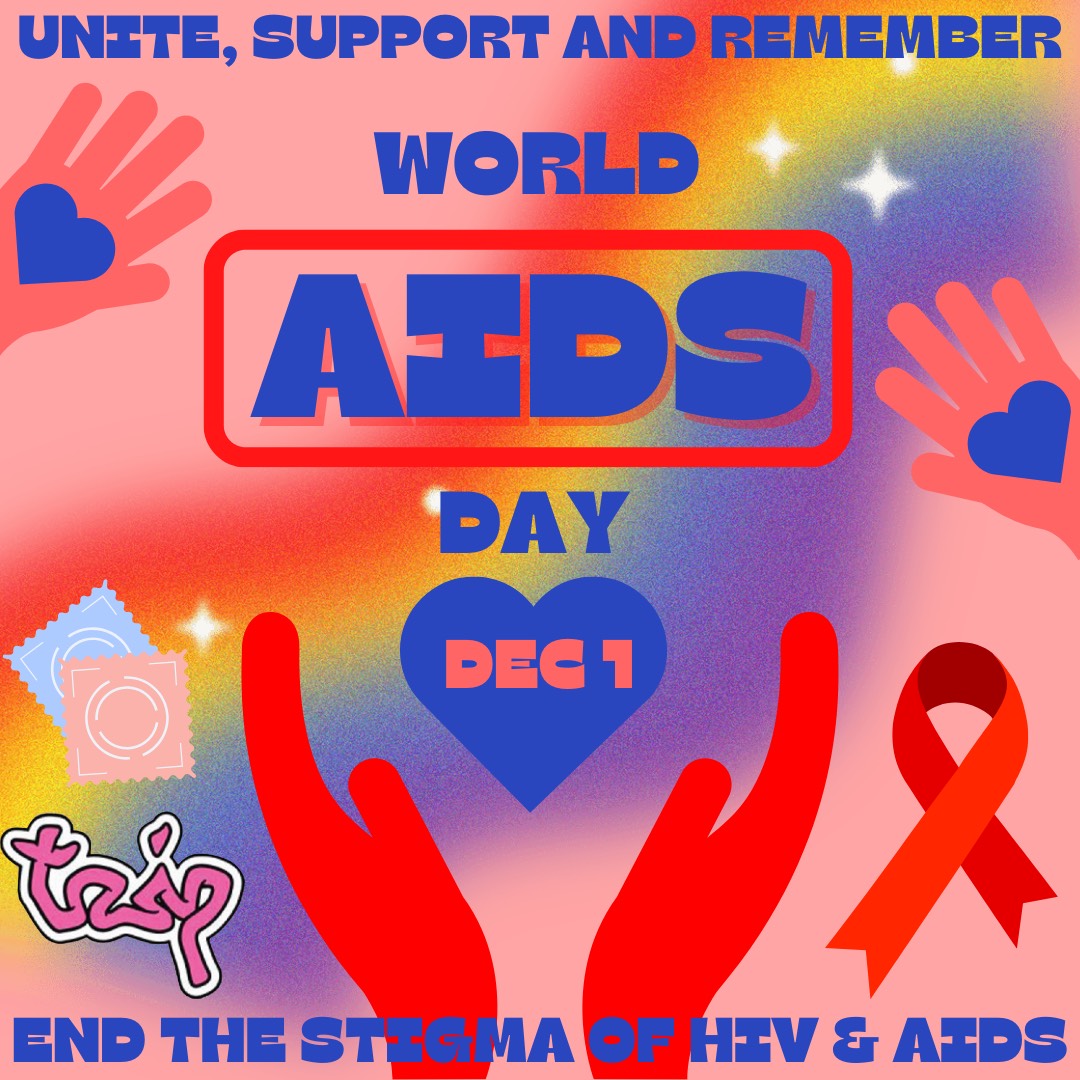 Today, December 1st, is the internationally recognized World AIDS Day (WAD). It is a day to reflect and unite in the fight against HIV & AIDS*- an auto-immune disease affecting over 38 million people worldwide; and also one of the most discriminated and stigmatized widespread diseases. HIV & AIDS was identified in the mid-80s’ as an illness spread through contact with blood, semen and vaginal fluids (transmission commonly occurring via anal or vaginal sex, sharing injectables). It was instantly projected as a “queer” disease, as a large portion of those affected were gay men and trans women. This labelling caught the attention from malicious homophobes/transphobes, which transpired into mass anti-queer rhetoric, propaganda and mass hysteria. This discriminatory attitude was adopted by many medical teams across the globe, resulting in slower and more hesitant trials of treatment for the condition. Many lost their lives and loved ones in this time due to misinformation, lack of details surrounding the disease and also blatant neglect from healthcare. Continue reading
Today, December 1st, is the internationally recognized World AIDS Day (WAD). It is a day to reflect and unite in the fight against HIV & AIDS*- an auto-immune disease affecting over 38 million people worldwide; and also one of the most discriminated and stigmatized widespread diseases. HIV & AIDS was identified in the mid-80s’ as an illness spread through contact with blood, semen and vaginal fluids (transmission commonly occurring via anal or vaginal sex, sharing injectables). It was instantly projected as a “queer” disease, as a large portion of those affected were gay men and trans women. This labelling caught the attention from malicious homophobes/transphobes, which transpired into mass anti-queer rhetoric, propaganda and mass hysteria. This discriminatory attitude was adopted by many medical teams across the globe, resulting in slower and more hesitant trials of treatment for the condition. Many lost their lives and loved ones in this time due to misinformation, lack of details surrounding the disease and also blatant neglect from healthcare. Continue reading
Sometimes the pressures of existing can begin to weigh heavily on us and we start to consider that we may need to ask for a little help from our loved ones. Maybe it’s because we have a lot on our plate just by nature of who we are and the world we live in. Other times we are those people that are seemingly so full of strength and energy to those who need a helping hand, so much so that they don’t hesitate to ask when they need support. Frequently though, it feels like I am perpetually and simultaneously in both states of existence; always overwhelmed by the needs of others and constantly considering asking for help in managing my own needs because of it. I’ve come to realise that I have a complicated relationship with needing, being needed, and asking for help. I wonder often whether I use helping others to distract myself from helping myself. Then I feel bad about asking for support because I might not have had to, were I putting my own oxygen mask on first. Maybe this is ok, though. Realistically, we all go through times when we have the energy to spare for the needs of others and times when we need help coping ourselves.
We’re now well into year three of a pandemic that has vastly changed our lives in many obvious but also many subtle ways. The ways in which we all interact with each other have been strained and altered. Physical touch in a greeting has become a bit of an awkward dance of managing people’s comfort levels. At least, dramatically more so than it was before all this. Being isolated at home has become the default for many, making connecting in the real world all the more challenging and exhausting. 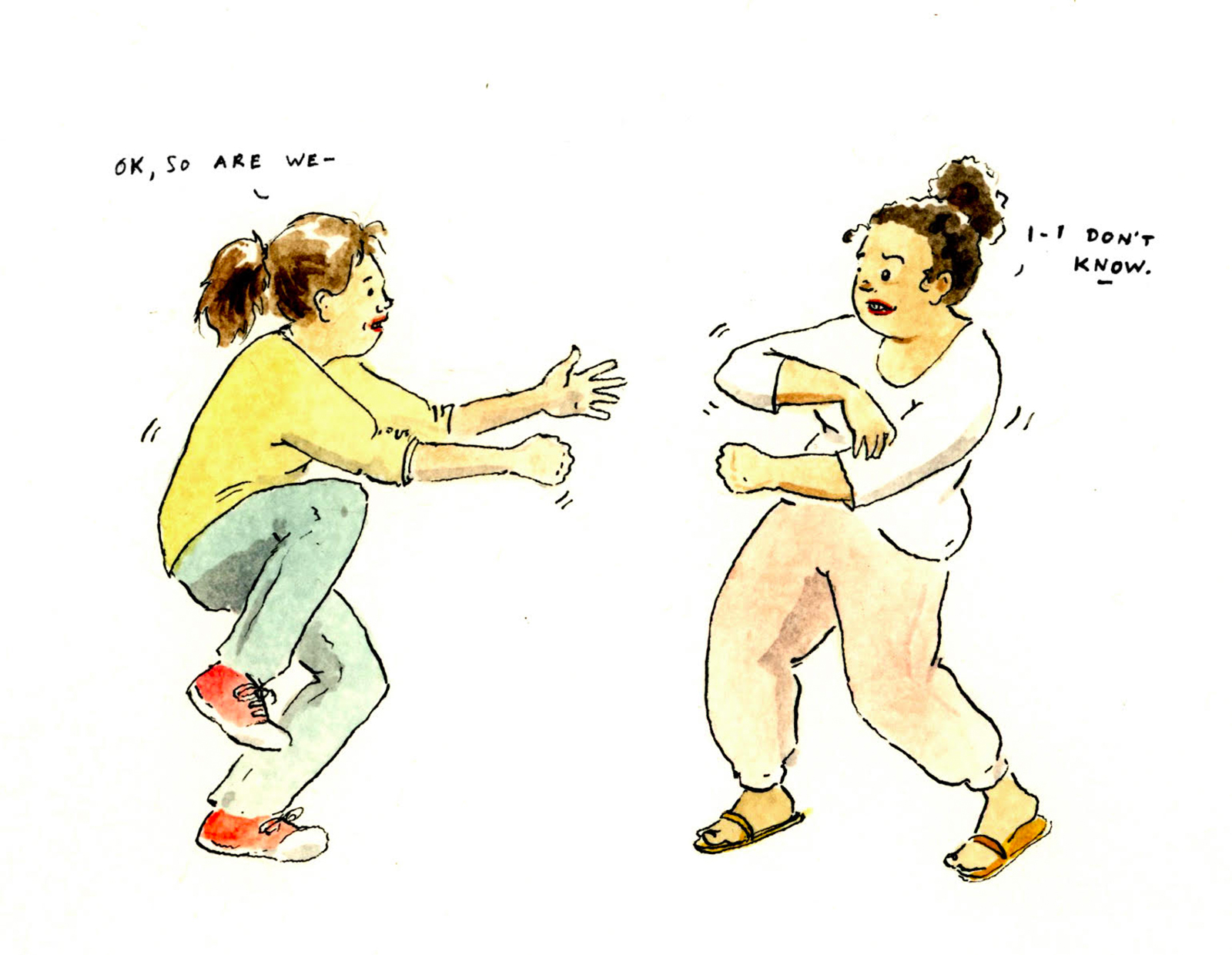 Social landscapes have changed: two years away from consistent partying has meant that many of your friends have taken the opportunity to leave that part of their lives behind. Maybe many others spent the past two years getting “too” wrapped up in their substance use (something we each get to define for ourselves, of course) during a time when it felt like the “rules” had changed or were no longer applicable. Perhaps you are one of these two kinds of people, or perhaps somehow you are both. Either way, the nature of being there for each other has changed as well. Continue reading
Social landscapes have changed: two years away from consistent partying has meant that many of your friends have taken the opportunity to leave that part of their lives behind. Maybe many others spent the past two years getting “too” wrapped up in their substance use (something we each get to define for ourselves, of course) during a time when it felt like the “rules” had changed or were no longer applicable. Perhaps you are one of these two kinds of people, or perhaps somehow you are both. Either way, the nature of being there for each other has changed as well. Continue reading
Spring training is in session starting Thurs Sept 15th!!
The Trip! Project volunteer training involves a weekly training course every spring & fall which features workshops on various topics related to harm reduction, HIV & Hep C prevention, sexual health and safer partying. You do not need to be knowledgeable about all of these topics already – this is a learning opportunity as well as a knowledge sharing one!
Currently most trainings are in person at Queen & Bathurst, as well as in person meetings, community workshops and event outreach. Parkdale Queen West Community Health Centres where Trip! is based currently require volunteers to be fully vaccinated or have an exemption notice <3
In highschool? Get your volunteer hours with us!
Get up to 20 hours from the trainings alone, and get more hours for participating in other project activities like doing outreach at nightlife and community events, social media content creation (Instagram, Reels, TikTok, etc.), writing & taking photos for our blog, making kits for youth (safer party kits, self care kits, art kits, kandi jam kits), attending harm reduction art or mental health drop-ins or zoom-ins with other like-minded youth and attending planning meetings, community workshops or hosting your own! As mentioned above, you don’t have to know about harm reduction or safer partying already – this is a great place to learn about it and bring info back to your friends and community – Just say KNOW! <3
To be eligible for our volunteer program you must:
Email info@tripproject.ca for more info 🙂
Feel free to share this post with friends and networks!